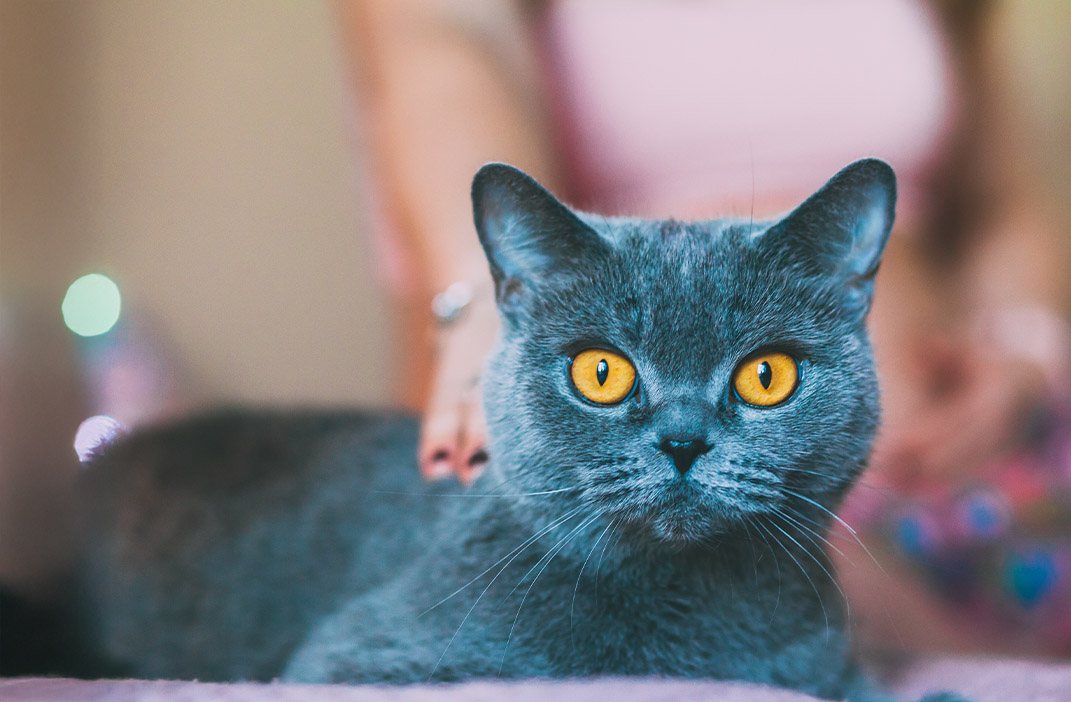
Sometimes, pet owners can get a bit creative when providing for their pets’ future care. The following three famous cases involving pet trusts offer some important lessons.
David Harper and Red:
David Harper, a wealthy, reclusive bachelor in Ottawa, Canada, left his entire $1.1 million estate to his tabby cat, Red. To ensure his wishes were fulfilled, Harper bequeathed the fortune to the United Church of Canada under the stipulation that they care for Red! The ploy worked.
Lesson learned: You can be creative in ensuring your pets receive proper care after you are gone.
Maria Assunta and Tommaso:
Wealthy Italian widow Maria Assunta rescued a stray cat from the streets of Rome and gave him a proper home and name: Tommaso. As Assunta’s health failed, she tried for several years to find an animal organization to entrust Tommaso with. When no suitable organization was found, Assunta left her estate, valued at $13 million, directly to the cat in her will and named her nurse as caretaker. She passed away in 2011 at age 94, knowing her beloved Tommaso would be well taken care of.
Lesson learned: Do not assume someone will automatically care for your pet when you pass. The best way to ensure that your pet is cared for is to plan ahead, choose a caretaker you trust, and put your wishes in writing with a proper estate plan.
Patricia O’Neill and Kalu:
Patricia O’Neill, daughter of British nobility and ex-spouse of Olympian Frank O’Neill, had designated a fortune worth $70 million to her chimpanzee, Kalu, and other pets in her will—or so she thought. It was discovered in 2010 that the heiress was, in fact, broke, thanks to the shady dealings of a dishonest financial advisor.
Lesson learned: You can only give away what you have. If caring for your pets after your death is important to you, make sure your financial plan aligns with your estate plan and that you have taken appropriate steps to oversee your advisors.
Establishing a pet trust in Oklahoma is the best way to ensure that your beloved pets receive the care they deserve after you pass on.